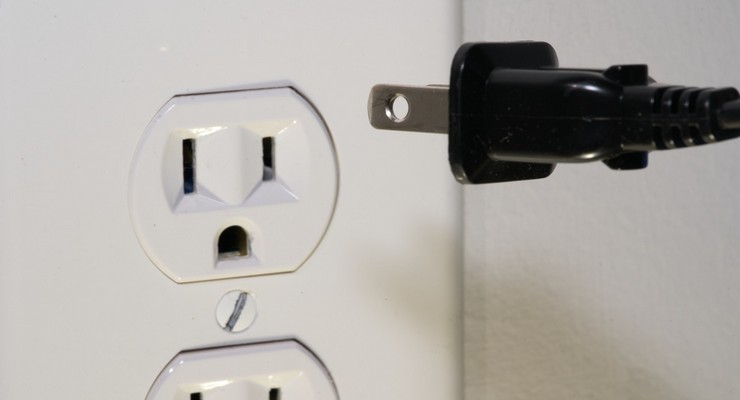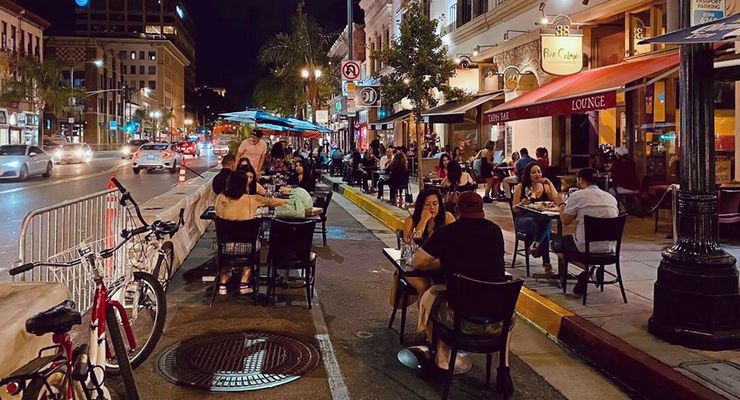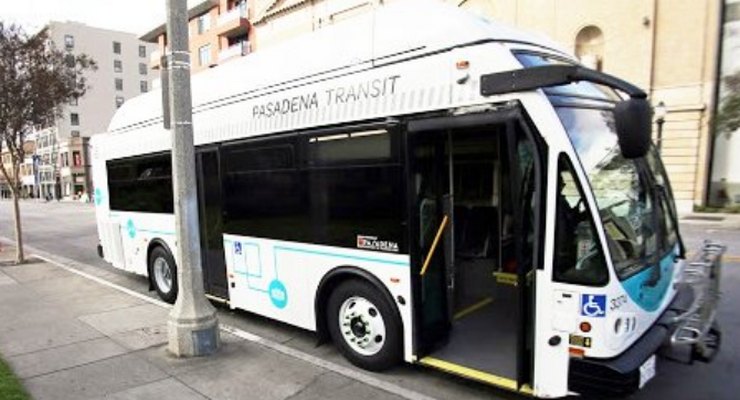
Like most technological advances, body cameras on police officers are a development that can be used for good or bad purposes. For example, the public good is served if bodycams protect officers against inaccurate accusations and document officer misconduct. But bodycams disserve the public good if, for example, they become tools of intrusive surveillance, if they allow officers to view footage before being interrogated, or if officers can pick and choose when it is advantageous for them to turn bodycams on or off. Whether bodycams will be good or bad thus depends a great deal on the policies that are adopted for their use.
Pasadena would be putting the cart before the horse if the City buys the bodycams before the public can discuss and debate how and for what purposes they will be used. The Pasadena PD’s experience with cameras is, at best, checkered. In the PD shooting of the unarmed Kendrec McDade, the officers’ car in the fatal shooting was equipped with cameras but the officers failed to turn on the camera or any audio recording device. After conferring with their union representatives for a day before being interviewed, the officers came up with the dubious story (which they had not mentioned on the night they killed him) that they feared McDade had a gun because he allegedly ran for 3 blocks while holding up to his pants. If they had turned on the car camera, there would have been visual evidence to either impeach their story or to corroborate it. Despite their failure to turn on the cameras, Chief Sanchez determined that the officers’ conduct was within policy. His within-policy-determination was either white-washing a policy violation or else revealing that Pasadena lacks an adequate policy to prevent officers from cherry-picking when to turn on the cameras.
Before bodycams are purchased or deployed, the City Council needs to adopt a principled protocol for bodycams such as the one developed by the ACLU. See https://www.aclu.org/police-body-mounted-cameras-right-policies-place-win-all. The City Council’s Public Safety Committee needs to hold public hearing to develop a principled bodycam policy. Because the City will have to negotiate on the bodycam protocol with the police union, it is essential that the City’s negotiators have marching orders to insist on a progressive policy. One part of that policy must be that officers must turn their bodycams on at the inception of policing contacts and be subject to discipline if they are selective on when the cameras are rolling.
Too often police departments have acquired and deployed surveillance tools beneath the radar. The potential for building public trust in the Pasadena PD depends on transparency and public debate in deciding on the protocols to govern police use of bodycams that makes sure the public good is well served rather than sacrificed.
Dale Gronemeier is a local civil rights attorney














 0 comments
0 comments


